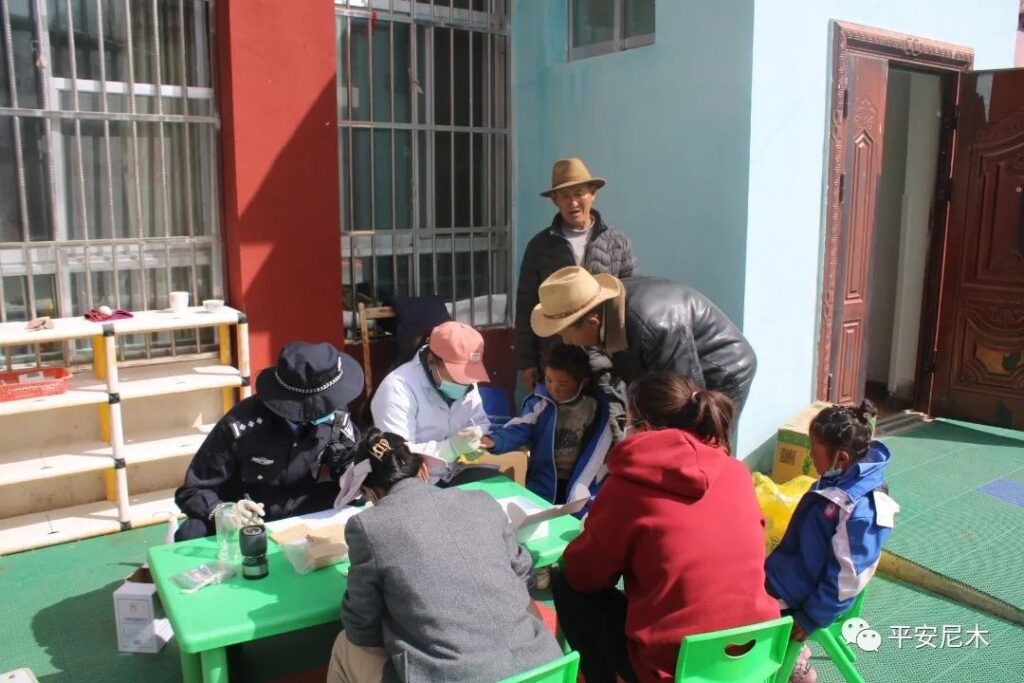Chinese authorities are significantly increasing policing, including arbitrary collection of DNA from residents in many towns and villages throughout the Tibet Autonomous Region (TAR), Human Rights Watch (HRW) said.
The available information indicates that people cannot decline providing their DNA and that police do not need credible evidence of any criminal conduct. A report from Lhasa municipality in April 2022 stated that blood samples for DNA collection were being systematically collected from children at kindergartens and from other local residents.
A report from a Tibetan township in Qinghai province in December 2020 stated that DNA was being collected from all boys aged 5 and above. “The Chinese government is already subjecting Tibetans to pervasive repression,” said Sophie Richardson, China director at HRW. “Now the authorities are literally taking blood without consent to strengthen their surveillance capabilities.”
These mass DNA collection drives appear to be taking place in all seven prefectures or municipalities in the TAR, which covers the western part of the Tibetan plateau. The collection drives are part of ongoing efforts by Chinese authorities to establish police presence at the grassroots level throughout the region.
There is no publicly available evidence suggesting people can decline to participate or that police have credible evidence of criminal conduct that might warrant such collection. The reports HRW studied indicate that DNA was to be collected from all residents of these areas, including temporary residents. None of the reports indicate any conditions under which a resident could refuse to provide a sample.
HRW has identified reports of drives in 14 distinct localities (1 prefecture, 2 counties, 2 towns, 2 townships, and 7 villages) across the seven prefecture-level areas of the region, indicating that drives are taking place, or are due to take place, throughout the region.
The purpose of the DNA collection in the Chamdo municipality, one of the seven regions, was described as “improving verification efficiency and helping catch fleeing persons.”
In other areas of the region, residents were told similarly that the collection of DNA was needed for general crime detection. As one official report put it, mass collection is necessary “for the public security organs to detect various illegal cases, and to effectively crack down on illegal and criminal elements.”
Researchers outside China said in 2020 that mass DNA collection began in the TAR in 2013. These claims were based on official news reporting about a mass health-check scheme called the Physicals for All program, which started in TAR in 2013.
“Three real ‘greats’ for Tibetans would involve an immediate end to these chilling violations, and investigations and prosecutions of those responsible,” Richardson said.



